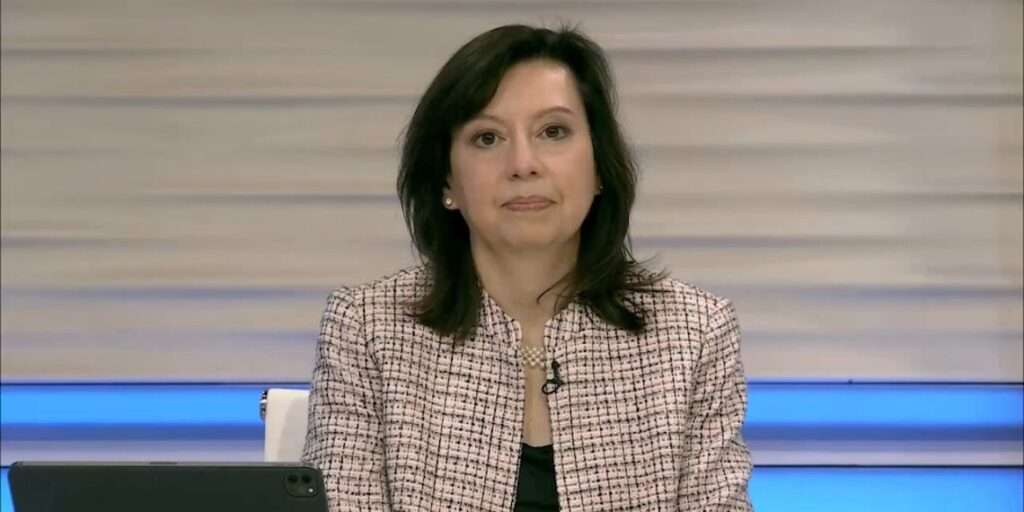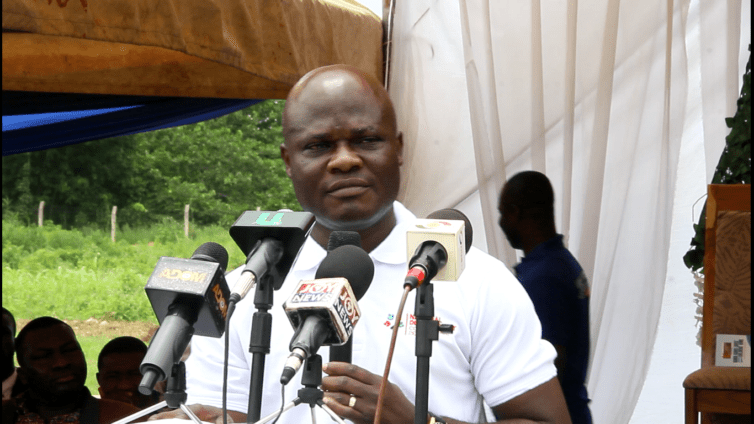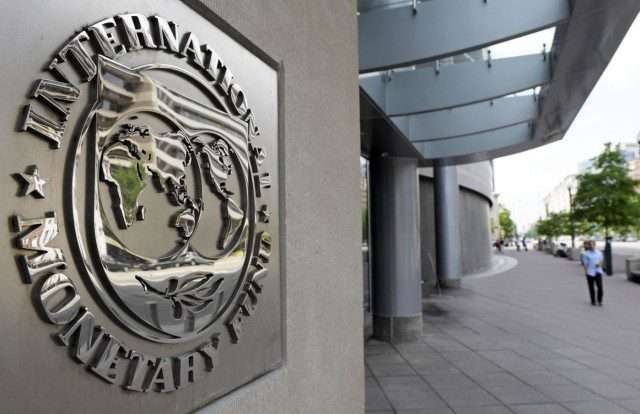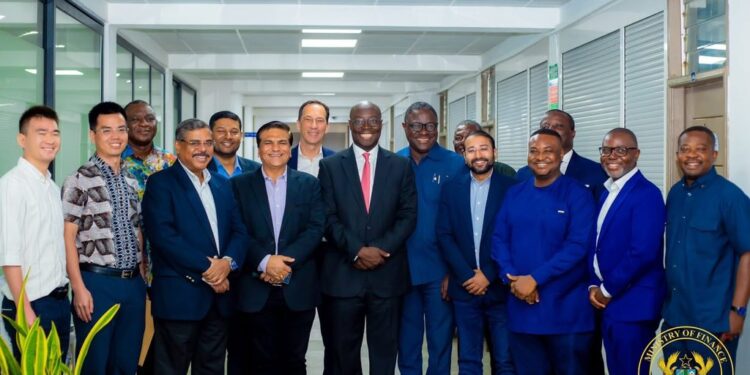Director of Communications at the IMF, Julie Kozack, expressed confidence and support for Ghana during a recent press conference in Washington, D.C.
According to her, the government’s support program, designed to stabilize the economy and promote sustainable growth, is exceeding expectations.
“On April 13th, IMF staff and the Ghanaian authorities reached a staff-level agreement for the second review of the program. The aim is to bring the review to the IMF’s Executive Board before the end of June, and once approved by the Board, the review would give Ghana access to about $360 million.
“The authorities’ strong policy and reform efforts under the program are bearing fruit, and signs of economic stabilization are emerging.”
Julie Kozack
Ghana is set to receive approval from the International Monetary Fund (IMF) for the third tranche of $360 million from its $3 billion extended credit facility.
To date, Ghana has received $1.2 billion in IMF funding to help with fiscal consolidation, strengthen foreign exchange reserves, and support overall economic recovery.
The IMF acknowledged that Ghana is close to meeting the requirements for the next disbursement as the country continues to fulfill the necessary economic and policy benchmarks.
Ghana is expected to secure approval for its third installment of $360 million when the IMF Executive Board meets in June, following a staff-level agreement on the second review of the loan-support program.
The IMF has indicated that the Ghanaian government will require no additional adjustments.
Additionally, the government is optimistic that ongoing discussions with official creditors will conclude successfully, allowing for the release of the third tranche of funds.

“Growth, for example, in 2023, was higher than anticipated, and the growth projections are being revised upward. Inflation has been declining rapidly, the fiscal and external positions have improved, and exchange rate volatility has declined quite significantly.
“The authorities are making good progress on their comprehensive debt restructuring. The domestic debt exchange was completed last year, and on January 12th, the government reached an agreement in principle with its official bilateral creditors. Ghana is also engaging with external private creditors to seek their support.”
Julie Kozack
Examine Tax Exemptions, Whip Urges
In light of Ghana’s current economic challenges, the Ministry of Finance began processes to secure approximately $335 million in tax exemptions for some 42 companies under the government’s One District One Factory initiative.
Deputy Minority Chief Whip Ibrahim Ahmed urged the government to re-examine tax exemptions for businesses in the country.

According to him, granting too many tax waivers, especially to some multinationals, can disadvantage Ghanaian businesses in the same sector.
“The task waiver business has become a gold mine in the Ministry of Trade. We need to examine and analyze the task exemption holistically. Have you been hearing the cry of GUTA (The Ghana Union of Traders Association)? Why is it that the things that GUTA brings are more expensive than the things that the shopping malls bring?
“Is it not the same market that they go and import the things from? But the trick is your mother who goes to China, brings them in smaller quantities and cannot go to the Ministry of Trade to ask for tasks waivers. But multinational corporations who are able to deal with the things in bulk quantities will come to you that ‘I need a task waiver on this’.”
Ibrahim Ahmed
The Deputy Minority Chief Whip highlighted concerns that this situation disproportionately impacts smaller Ghanaian businesses providing similar services or products.
He emphasized that due to taxes on imported goods, these businesses face the risk of raising prices to cover costs and generate profits.
READ ALSO: Comedian Shares Experience With Abusive Ex, Sympathizes With Medikal





















